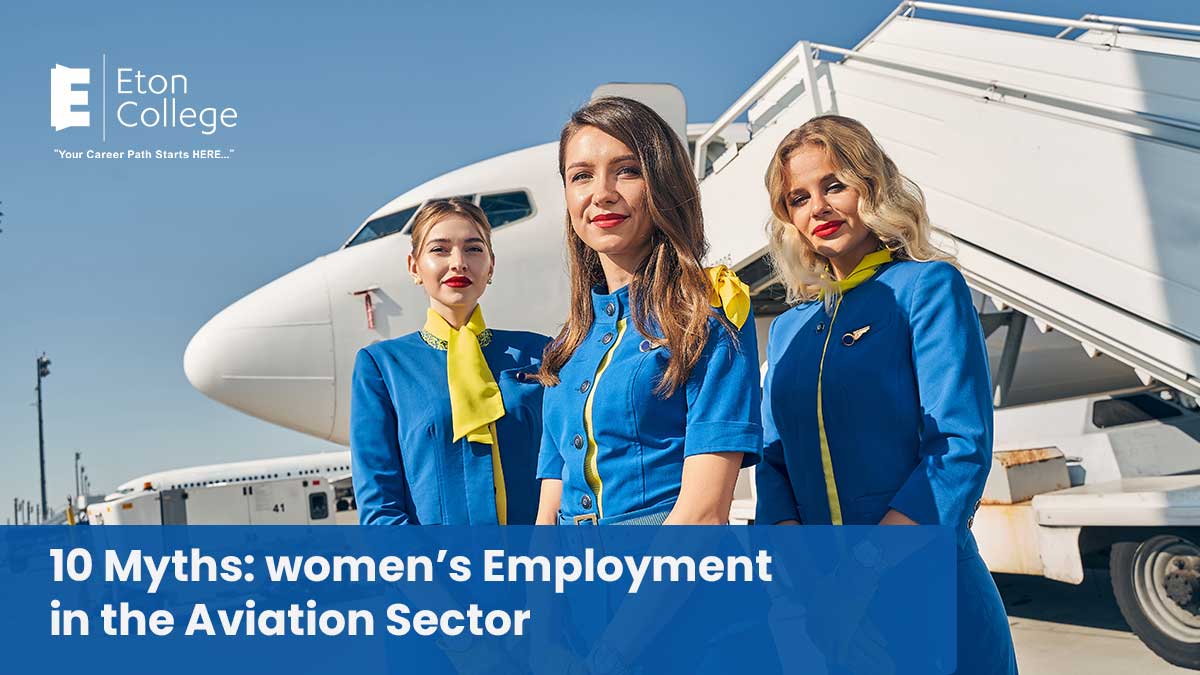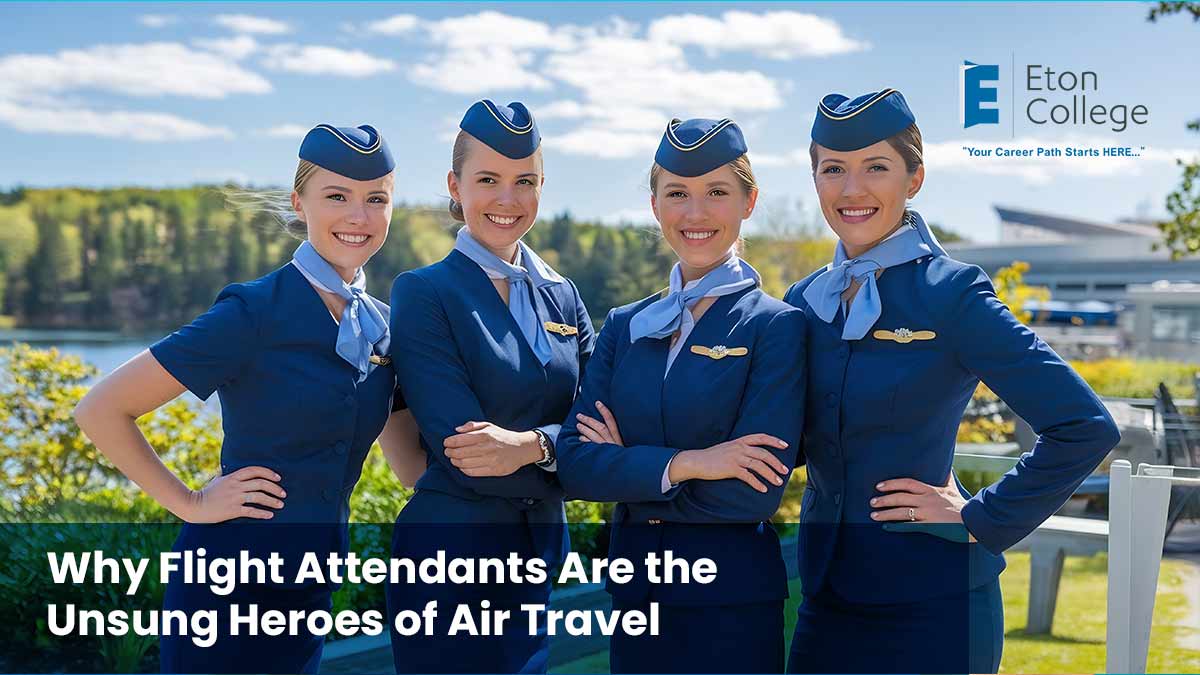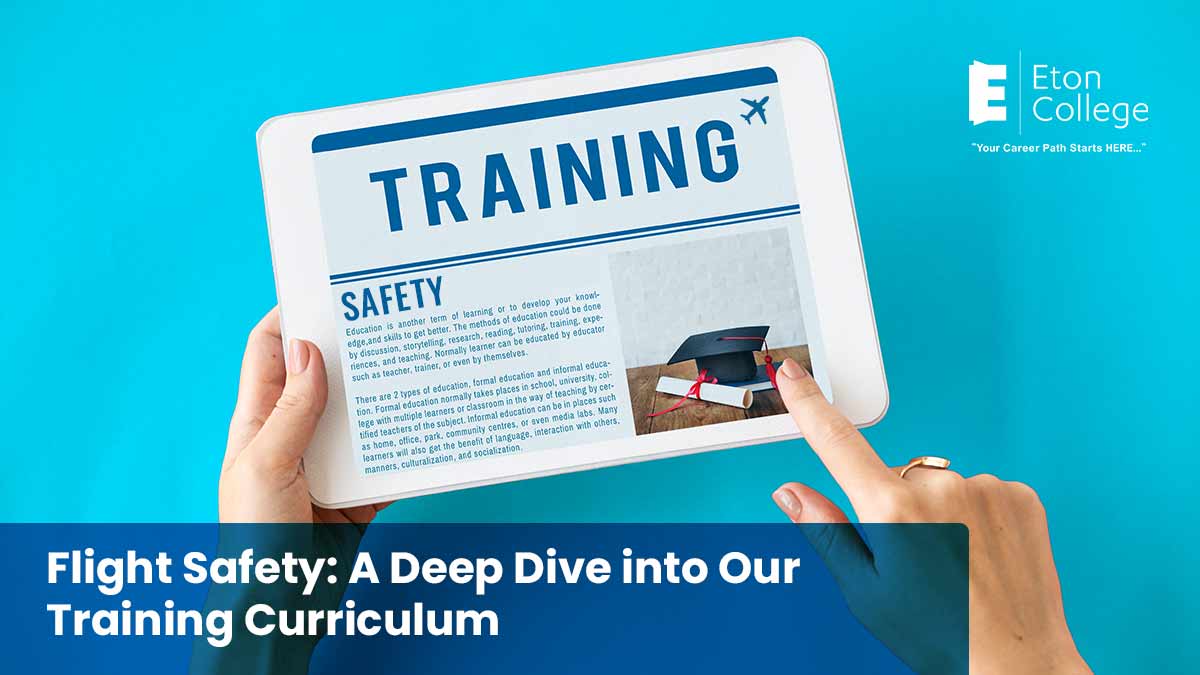- Women in aviation are not limited to being flight attendants; they hold roles as pilots, engineers, and even CEOs.
- The myth that women lack the skills to be pilots is false—many women have excelled in aviation through rigorous training programs.
- Women have always been interested in aviation, and initiatives promoting STEM are increasing the number of women entering aviation careers.
- Flexible working conditions in aviation make it possible for women to balance family life and a successful aviation career.
- Gender pay gaps in aviation are being addressed, with many companies offering more transparent and fair wage structures.
The aviation sector is often seen as a male-dominated field, with various misconceptions surrounding the role of women in this industry. However, women have been a part of aviation for decades, taking on diverse roles that go far beyond being flight attendants.
In this blog, we’ll debunk some of the most common gender myths about women in aviation, highlight the range of employment opportunities available, and explore the truth behind aviation career myths.
Myth 1: Women Only Work as Flight Attendants
One of the most common aviation career myths is that women in the industry primarily work as flight attendants. While the role of a flight attendant is crucial, it is just one of many positions women hold in aviation.
Women are increasingly taking on roles as pilots, air traffic controllers, engineers, and even CEOs of major airlines. The idea that women are limited to a single role is outdated and doesn’t reflect the vast career opportunities available in aviation today.
Myth 2: Women Don’t Have the Skills to Be Pilots
There’s a persistent myth that women don’t have the technical or physical skills to become pilots. This is far from the truth. Many women in aviation have successfully trained and excelled as pilots, proving that gender has no bearing on technical ability.
Today, women serve as captains and first officers on commercial flights, and the number of female pilots continues to grow. Aviation training programs are open to all, and both men and women receive the same rigorous instruction to ensure safety and efficiency in the skies.
Myth 3: Women Aren’t Interested in Aviation
The myth that women are simply not interested in aviation is not only incorrect but also discouraging for many young women considering the field. There is a growing interest among women to pursue careers in aviation, from engineering and aircraft maintenance to management roles.
Initiatives encouraging young women to explore STEM (science, technology, engineering, and mathematics) fields are helping break down barriers and fuel passion for aviation careers. Women have always had an interest in aviation; the challenge has been overcoming societal expectations and misconceptions.
Myth 4: Women Can’t Balance a Family with an Aviation Career
One of the enduring gender myths in aviation is that women can’t balance the demands of an aviation career with family life. While aviation can involve irregular hours and travel, many women successfully juggle both their careers and personal lives.
Many airlines and aviation companies now offer more flexible working conditions, such as job-sharing and part-time roles, making it easier for women to manage family responsibilities while thriving in the industry. The notion that women must choose between family and career is no longer valid in today’s work environment.
Myth 5: There Aren’t Many Employment Opportunities for Women
It’s a common misconception that employment opportunities for women in aviation are limited. In reality, women can pursue a wide range of roles within the aviation industry, including pilots, engineers, mechanics, air traffic controllers, safety inspectors, and leadership positions.
The industry is recognizing the need for diversity and is actively encouraging more women to apply for roles that were traditionally dominated by men. With the right qualifications and training, women can access a wealth of opportunities in the aviation sector.
Myth 6: The Aviation Sector Pays Women Less
While the aviation industry has historically had a gender pay gap, progress is being made toward closing it. Many companies now have initiatives aimed at ensuring equal pay for equal work, and the sector is becoming more transparent about wages.
However, some pay discrepancies may still exist in certain areas of the industry. Addressing these disparities is a work in progress, but many women in aviation are already benefiting from fairer pay practices across a range of aviation careers.
Myth 7: Women Don’t Belong in Technical Aviation Roles
Another aviation career myth is that women aren’t suited for technical roles like aircraft maintenance or engineering. This myth is not only false but also dismissive of the skills and contributions of women who excel in these fields.
Women work as aircraft mechanics, aerospace engineers, and technicians, proving that they are just as capable as men in these positions. With proper training, such as those offered by aviation schools, women are breaking down barriers in technical roles and becoming leaders in the field.
Myth 8: Women Don’t Have Leadership Roles in Aviation
The perception that women are not present in leadership roles in aviation is outdated. Women now hold key positions in airline management, aviation safety organizations, and regulatory bodies.
From CEOs of major airlines to heads of aviation associations, women have proven their leadership capabilities in the industry. As more companies focus on gender diversity, the number of women in leadership positions is expected to rise even further.
Myth 9: Only Men Are Passionate About Aviation
The idea that only men are passionate about aviation is one of the most misleading gender myths. Women have been passionate about aviation for as long as men, and many have contributed to its development throughout history.
Amelia Earhart and Bessie Coleman are just two examples of pioneering women who followed their passion for aviation. Today, countless women share this passion and are making their mark across the aviation industry.
Myth 10: Aviation Is Too Competitive for Women
Some believe that the competitive nature of aviation makes it too difficult for women to succeed. However, many women thrive in this fast-paced, challenging environment.
With equal access to training and opportunities, women are proving themselves capable of excelling in competitive aviation roles. Programs like Eton College’s Flight Attendant Preparation Program provide the foundation and skills needed for women to enter and succeed in various aviation careers.
Breaking Down Barriers and Embracing Change
As more women enter the aviation industry, the myths surrounding their abilities and roles are being dismantled. From flight attendants to pilots, engineers to CEOs, women are redefining what it means to be a part of aviation.
The aviation industry is full of exciting employment opportunities for women who are passionate about flight, engineering, and management. By challenging outdated aviation career myths, we can create a more inclusive industry where everyone has the chance to soar.
Eton College’s Flight Attendant Preparation Program is one such opportunity, equipping women with the skills and knowledge to enter the aviation sector with confidence. As women continue to break new ground in aviation, the future of the industry looks brighter and more diverse than ever.
FAQs
- Can women become pilots in the aviation industry?
Absolutely! Many women are successfully working as commercial pilots, and their numbers are growing across the aviation sector.
- Is aviation too technical for women to succeed?
No, women are excelling in technical roles such as aircraft mechanics, aerospace engineering, and maintenance, proving they have the skills and expertise for these jobs.
- Can women balance a family life with an aviation career?
Yes, many women successfully balance family and career, especially with flexible work arrangements that airlines and aviation companies are offering.
- Do women earn less than men in the aviation sector?
While some gender pay gaps may still exist, the aviation industry is working toward closing these gaps, ensuring fair pay for equal work.
- How can women get started in the aviation industry?
Programs like Eton College’s Flight Attendant Preparation Program provide a strong foundation for women to pursue various aviation careers, from flight attendants to pilots and beyond.




